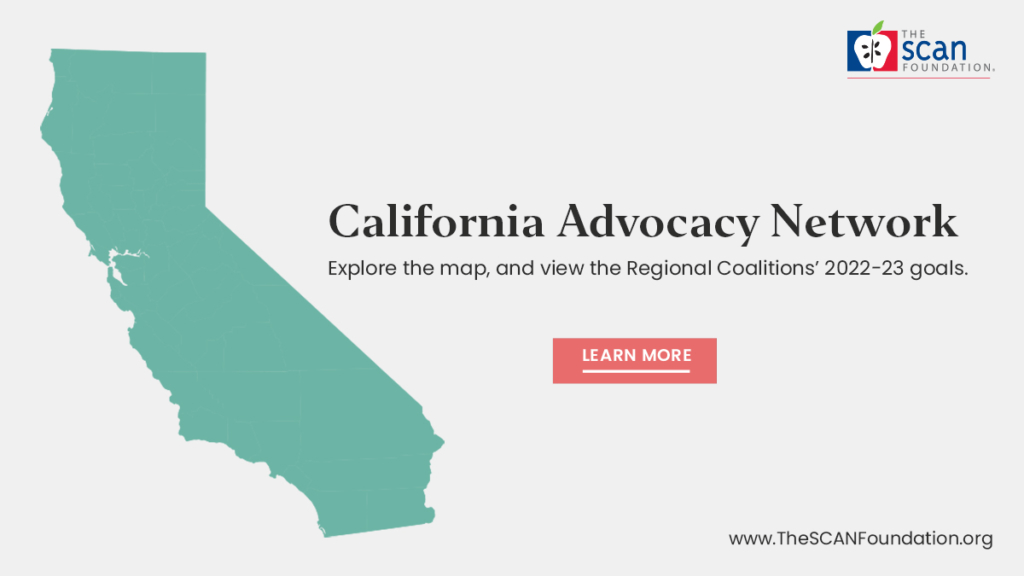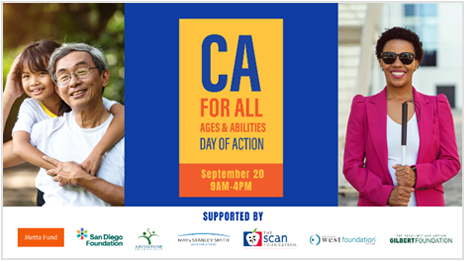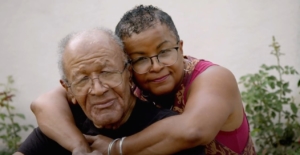 This National Family Caregivers Month, The SCAN Foundation salutes the tremendous contributions that family caregivers provide to older adults and people with disabilities.
This National Family Caregivers Month, The SCAN Foundation salutes the tremendous contributions that family caregivers provide to older adults and people with disabilities.
Nearly everyone will be a caregiver or need a caregiver in their lifetime. Currently, 53 million people in America are unpaid caregivers—providing physical, emotional, social, and financial support to family, friends, and neighbors. They are the “invisible backbone” of U.S. health care, spending roughly $7,000/year on out-of-pocket caregiving costs, such as household and medical expenses. An earlier report found that caregivers’ estimated 34 billion hours of unpaid care translated to an estimated economic value of $470 billion.
California had 6.7 million adult caregivers in 2020, and 1 in 4 adults provided at least 20 hours/week of caregiving. Nearly 3 in 5 were women, 3 in 5 were 45 years of age or older, and 4 in 5 were white or Latino. Further, we see communities of color living in multigenerational settings (or households) more often than whites, which suggests that these families are more likely to provide unpaid caregiving across the generations.
Family caregivers are the unsung heroes of health care and deserve more recognition than just 30 days in November. Their service reinforces our commitment to lift their voices—like Sandy, a woman caring for her proud veteran father, and ensuring he can age at home surrounded by his friends and community.
Similarly, Grace cares for her parents. She adjusts as her parents’ needs change to ensure they can keep doing what they like to do. Simultaneously, she is thinking about how she can obtain support and maintain her own well-being.
Though Angela moved into an assisted living facility to be supported with her daily living needs, her granddaughter Sarah continues to provide emotional and social support.
We pledge to continue to advance efforts for every state to develop a Master Plan for Aging that includes the needs of family caregivers—like paid leave, multilingual training resources, virtual care options, and other supports. So what can you do today?
- Start important conversations about aging well with older adults in your life. Then when caregiving needs exist, you’ll know what matters most to them.
- Find your local AARP chapter to learn about family caregiver assistance and ongoing efforts to expand home- and community-based resources near you.
Throughout National Family Caregivers Month and every day, we must continue to shine a light on family caregivers. They deserve our deep appreciation, and our responsiveness to their wants and needs.



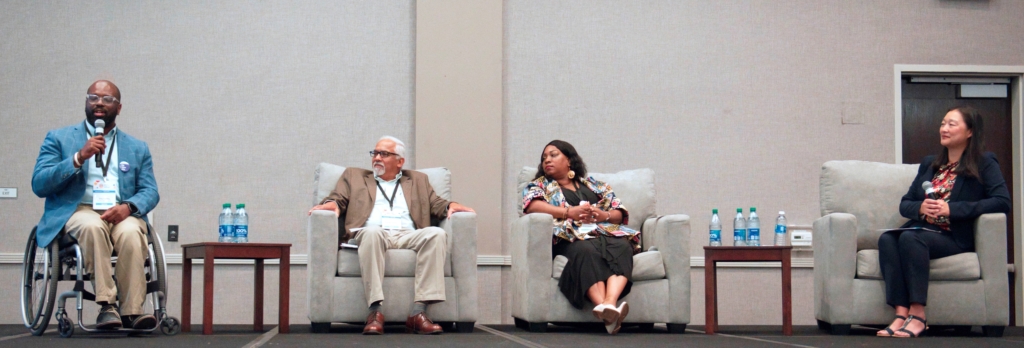
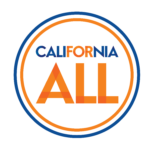
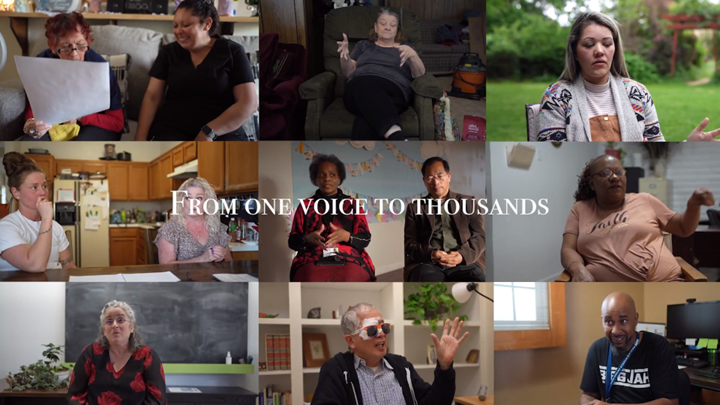
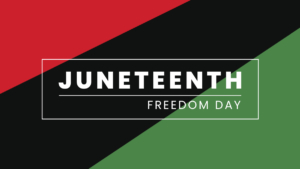
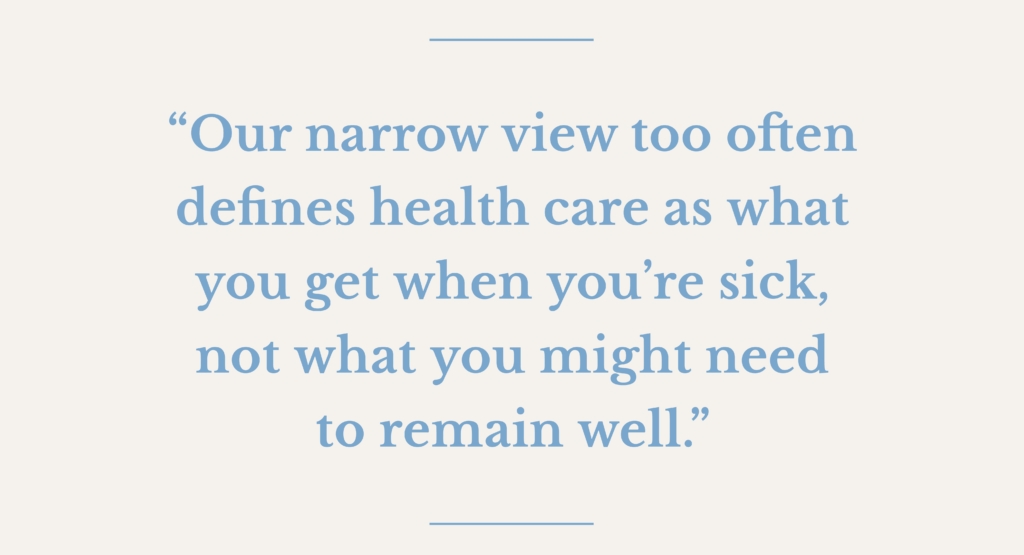
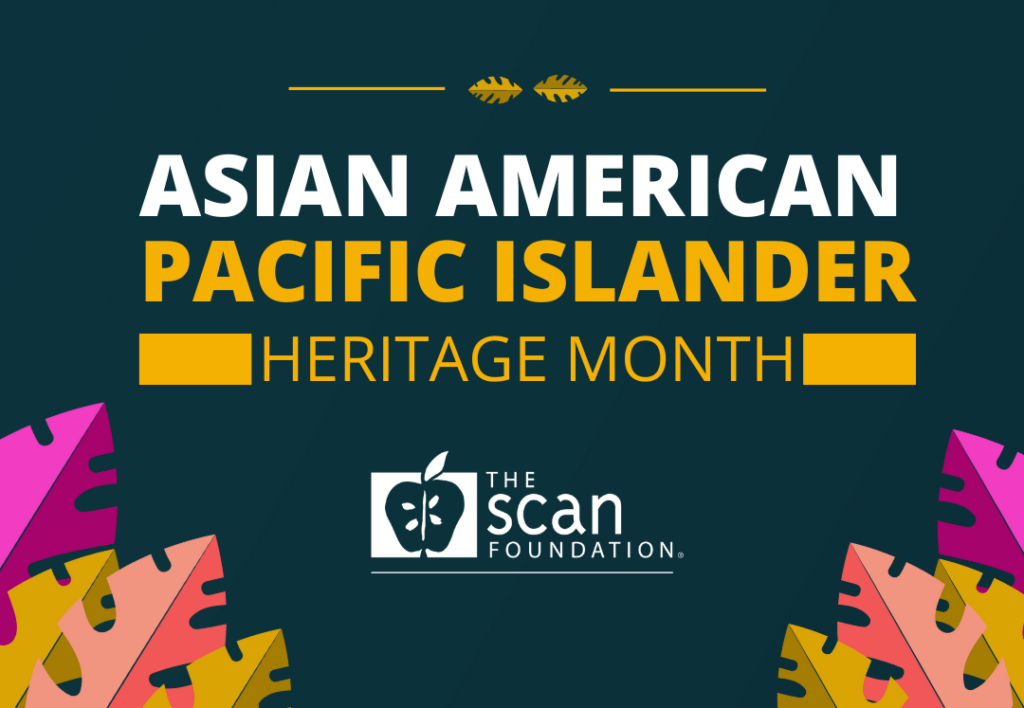

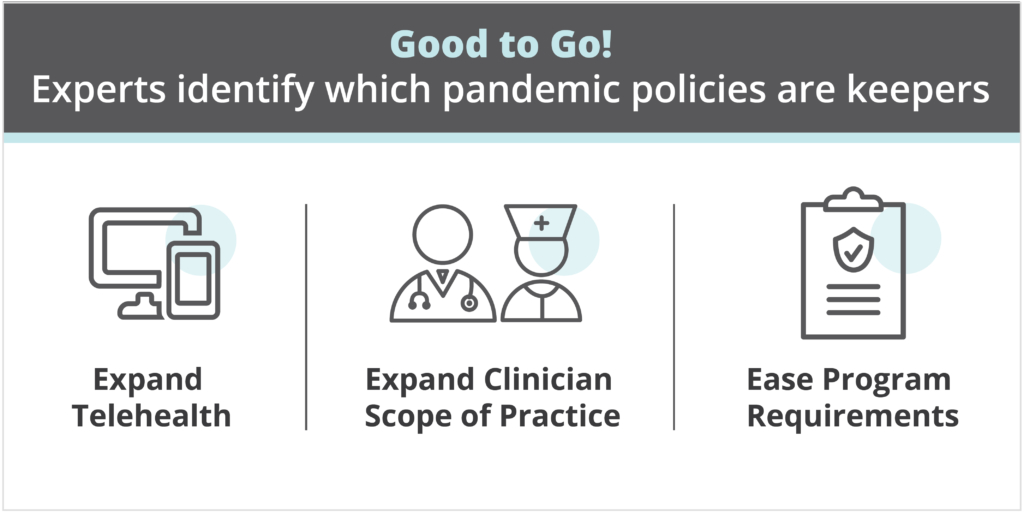
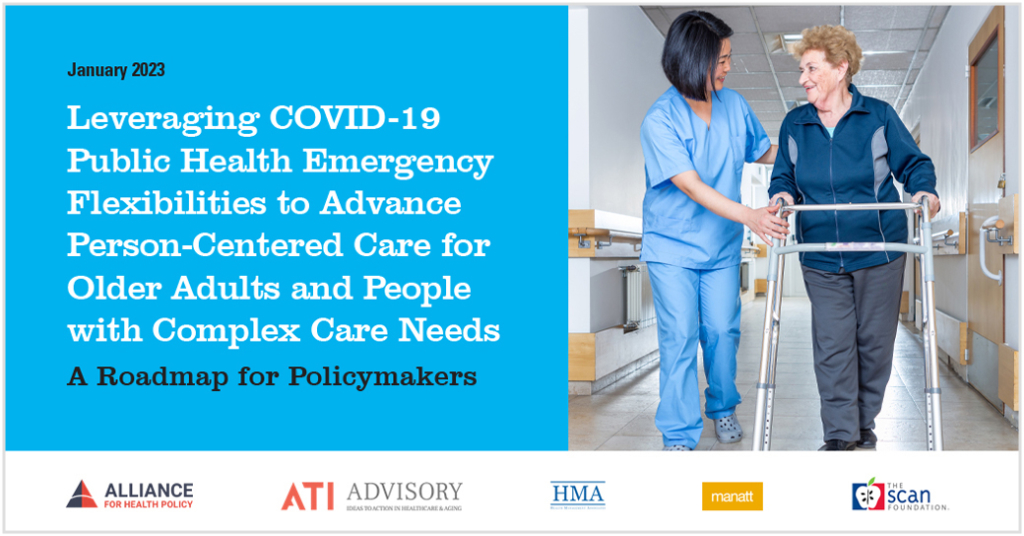
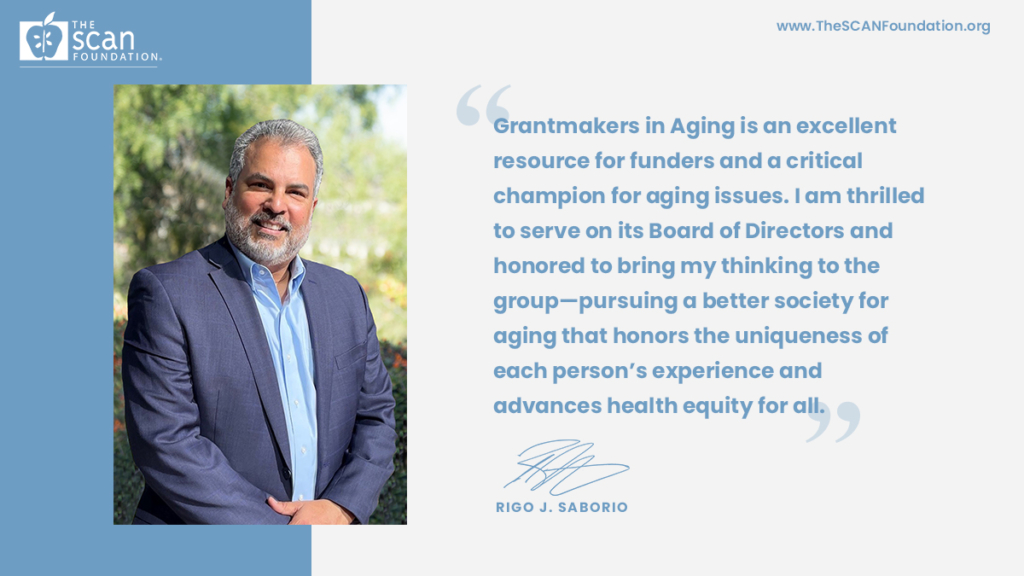
 This National Family Caregivers Month, The SCAN Foundation salutes the tremendous contributions that family caregivers provide to older adults and people with disabilities.
This National Family Caregivers Month, The SCAN Foundation salutes the tremendous contributions that family caregivers provide to older adults and people with disabilities.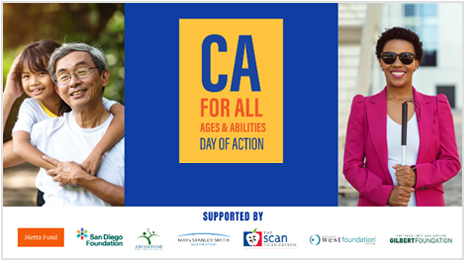
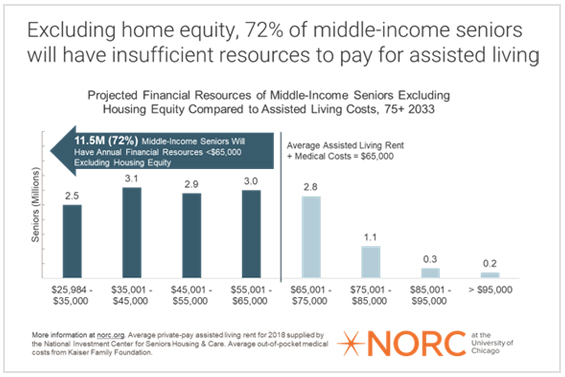
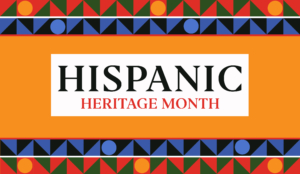 National Hispanic Heritage Month, September 15 to October 15, recognizes the achievements of Hispanics who have influenced and enriched our nation.
National Hispanic Heritage Month, September 15 to October 15, recognizes the achievements of Hispanics who have influenced and enriched our nation.